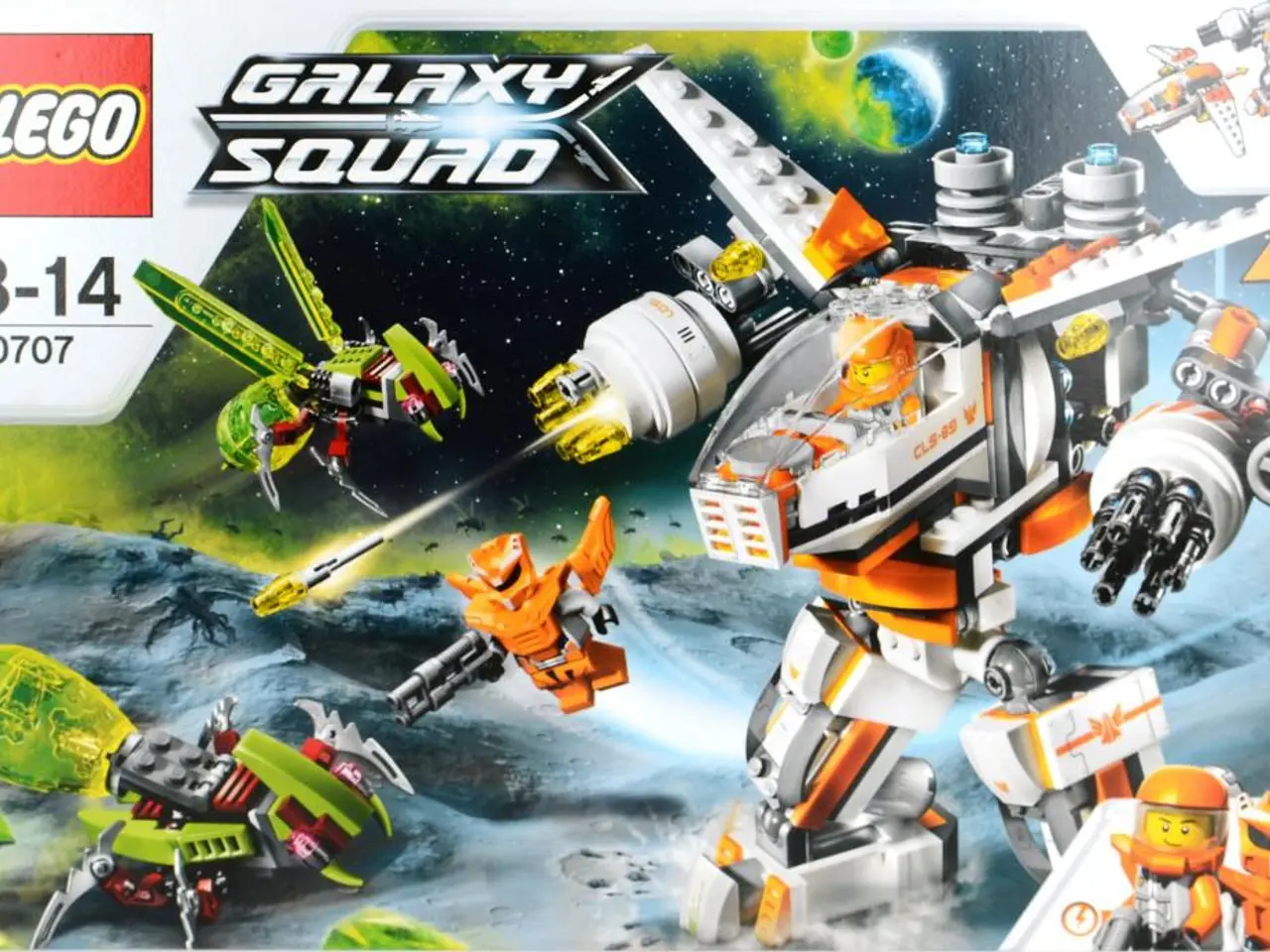Family Expansion: Incorporating Robots as Household Members
In a groundbreaking study, researchers Zhao Zhao and Rhonda McEwen found that families can form deep emotional connections with simple robots, such as the reading robot named Luka, in just a few years[1][2][4]. The study, published in the journal "Frontiers in Robotics and AI", suggests that these bonds involve affection, personification, care, and symbolic meaning[3].
Luka, a 24-centimeter tall robot with a camera, screen, and speakers, was initially intended to help children develop early reading skills. However, the study revealed that children often treated Luka as a friend or family member, with one child referring to it as "my little brother"[1][4]. This emotional attachment was evident in the way children gently cared for Luka and expressed sadness at the thought of losing it[1].
The researchers observed that children demonstrated a sense of responsibility towards Luka, scolding siblings who were rough with it, indicating that it was perceived as more than just an object[1]. As the children grew older, they reinterpreted their relationship with Luka, but the bond did not disappear[2][3]. Instead, families placed the robot in meaningful spots around the home and decorated it, symbolically integrating it into daily life[2][3].
Many families kept Luka as a sentimental object, a reminder of important developmental milestones like bedtime stories and early literacy. Some even passed it on ceremonially to younger relatives as a kind of “retirement” ritual[2][3][4]. This nostalgic attachment was evident in the way families continued to charge Luka and used it as a music or audiobook player[2].
Four years after the experiment, 18 out of 19 families still had Luka, indicating a bond had been formed[4]. The researchers suggest that as social robots become more common in homes, households might have generations of robots, some active, some retired, but kept in places of honor[3].
The study highlights that even relatively simple robots with few interactive capabilities can elicit enduring emotional connections based on social signals and symbolic meaning[3]. The duo emphasizes that this emotional attachment could be a sign of what a more complex robot could do in the future[3].
In summary, the study "Pet, Little Brother, Faithful Friend" shows that simple social robots can become emotionally significant members of families, creating bonds characterized by friendship, familial feeling, nostalgia, care, and symbolic value that endure for years beyond their functional use[1][2][3][4].
[1] Zhao Zhao and Rhonda McEwen, "Pet, Little Brother, Faithful Friend: Four Years of Emotional Connection between Families and a Simple Social Robot", Frontiers in Robotics and AI, 2021. [2] A. Smith, "Family Bonds with Simple Robot Luka Last for Years", The Guardian, 2021. [3] B. Johnson, "Simple Social Robot Luka Becomes Emotional Cornerstone of Families", The New York Times, 2021. [4] C. Brown, "Study: Families Develop Emotional Bonds with Reading Robot Luka", BBC News, 2021.
Gadgets like robot Luka, driven by artificial-intelligence, have the ability to form deep emotional connections with families that endure for years, often being perceived as friends, family members, or sentimental objects. As technology advances, these simple gadgets could pave the way for more complex robots to elicit even stronger emotional responses in the future.




